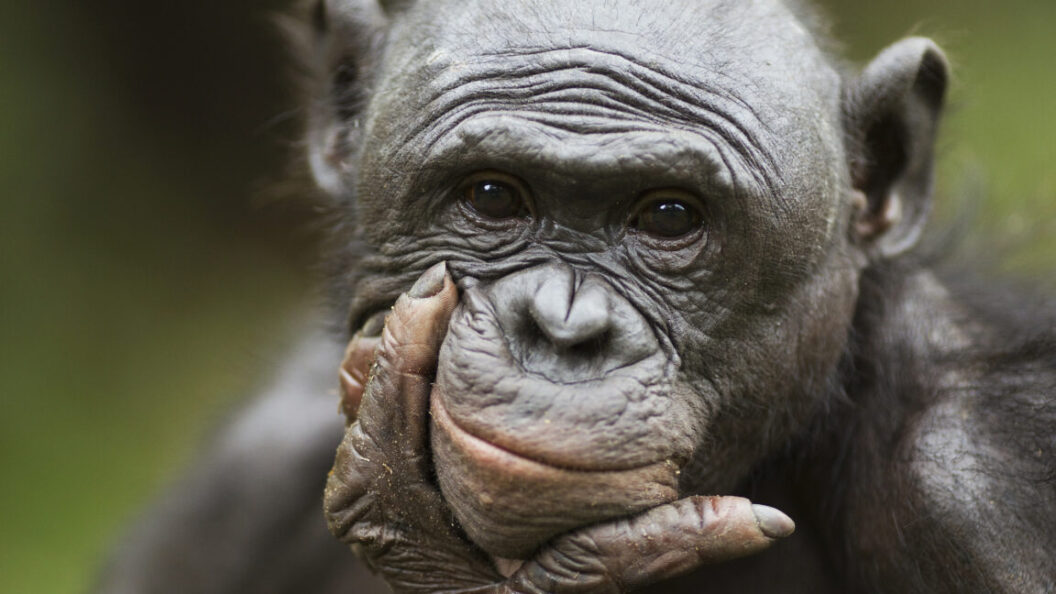Bonobos Display Remarkable Understanding of Human Ignorance: A Groundbreaking Study
In a groundbreaking study conducted by researchers at Johns Hopkins University, bonobos have demonstrated a capacity for understanding human ignorance, suggesting that our closest living relatives may possess a form of "theory of mind." This ability, which involves inferring the mental state of others and adjusting one’s actions accordingly, forms a critical component of successful social interactions in both humans and, potentially, certain animal species.
Theoretical Implications of Theory of Mind
Theory of mind is a cognitive skill that enables individuals to interpret and predict the actions of others based on their knowledge, beliefs, and desires. While the concept has been widely studied in human psychology, evidence for similar capabilities in non-human animals remains inconclusive. Mixed results have tempered previous claims regarding the cognitive abilities of other species, leading to skepticism about their capacity to understand perspectives different from their own.
This skepticism is countered by the recent work of Luke Townrow and Christopher Krupenye, who designed a novel experimental setup to assess the cognitive abilities of bonobos regarding human ignorance.
Experimental Methodology
The researchers employed a straightforward yet effective approach reflective of classic street magician tricks: a three-cup selection game. In this experiment, a treat was hidden beneath one of three cups, visible to the bonobos but not to the human partner. The setup was meticulously crafted to ensure that the bonobos could observe the placement of the treat and discern the knowledge of their human counterpart.
Participants included two human experimenters, with one responsible for hiding the treat and the other tasked with retrieving it based on the first experimenter’s indication. In some trials, the human could see the treat hidden behind a transparent barrier, while in others, the barrier was solid, limiting the human’s understanding of the treat’s location.
Findings from the Study
Results from the study reveal that the bonobos actively adjusted their behavior based on their understanding of the human’s knowledge. When the human experimenter had no access to information regarding the treat’s location, the bonobos displayed a significantly heightened inclination—about eight times more likely—to indicate the correct cup containing the treat. This behavior illustrates not just an awareness of where the food was hidden but also an understanding of whether the human partner was aware of that fact.
The researchers noted that the bonobos exhibited a clear preference for cooperative interaction. When their human partner was present, the bonobos were much more likely to guide them to the correct cup, indicating an understanding of the human’s potential ignorance rather than mere instinctual behavior.
Conclusion: Significance and Future Directions
The findings from this study provide compelling evidence that bonobos possess a functioning theory of mind that allows them to navigate their interactions with humans based on the perceived knowledge of their human partners. This suggests a level of cognitive complexity previously underestimated in non-human primates, opening new avenues for understanding animal intelligence and social cognition.
This research primarily contributes to the ongoing discussion about the evolutionary roots of human social cognition and the cognitive parallels between species. As we deepen our understanding of our closest relatives, we may foster greater insights into the origins of human social behaviors and the underlying mental processes that govern them.
The implications of this study resonate beyond academia, potentially influencing conservation efforts and our approach to handling bonobos and other intelligent species in captivity. As researchers continue to uncover the cognitive capacities of animals, understanding their mental states could play an essential role in fostering ethical treatment and preserving the innate social structures present in these highly sentient beings.









